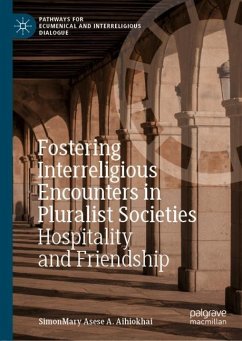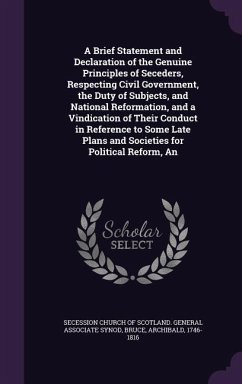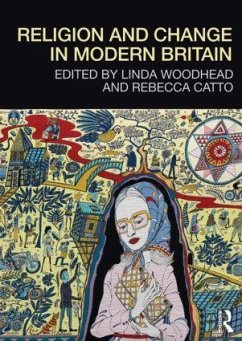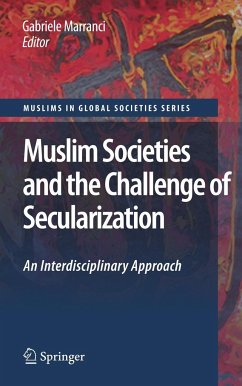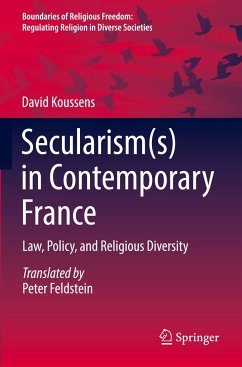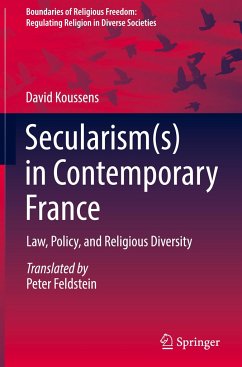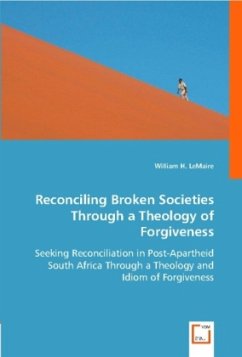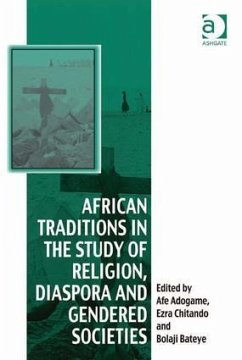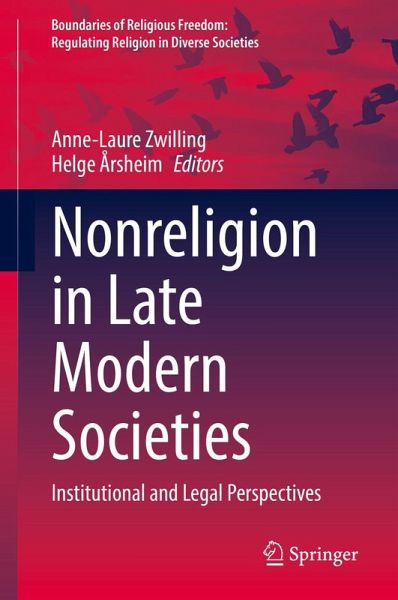
Nonreligion in Late Modern Societies
Institutional and Legal Perspectives
Herausgegeben: Zwilling, Anne-Laure; Årsheim, Helge

PAYBACK Punkte
49 °P sammeln!
This volume presents results from new and ongoing research efforts into the role of nonreligion in education, politics, law and society from a variety of different countries. Featuring data from a wide range of quantitative and qualitative studies, the book exposes the relational dynamics of religion and nonreligion. Firstly, it highlights the extent to which nonreligion is defined and understood by legal and institutional actors on the basis of religions, and often replicates the organisation of society and majority religions. At the same time, it displays how essential it is to approach nonr...
This volume presents results from new and ongoing research efforts into the role of nonreligion in education, politics, law and society from a variety of different countries. Featuring data from a wide range of quantitative and qualitative studies, the book exposes the relational dynamics of religion and nonreligion. Firstly, it highlights the extent to which nonreligion is defined and understood by legal and institutional actors on the basis of religions, and often replicates the organisation of society and majority religions. At the same time, it displays how essential it is to approach nonreligion on its own, by freeing oneself from the frameworks from which religion is thought.
The book addresses pressing questions such as: How can nonreligion be defined, and how can the "nones" be grasped and taken into account in studies on religion? How does the sociocultural and religious backdrop of different countries affect the regulation and representation of nonreligion in lawand policymaking? Where and how do nonreligious individuals and collectives fit into institutions in contemporary societies? How does nonreligion affect notions of citizenship and national belonging? Despite growing scholarly interest in the increasing number of people without religion, the role of nonreligion in legal and institutional settings is still largely unexplored.
This volume helps fill the gap, and will be of interest to students, researchers, policymakers and others seeking deeper understanding of the changing role of nonreligion in modern societies.
The book addresses pressing questions such as: How can nonreligion be defined, and how can the "nones" be grasped and taken into account in studies on religion? How does the sociocultural and religious backdrop of different countries affect the regulation and representation of nonreligion in lawand policymaking? Where and how do nonreligious individuals and collectives fit into institutions in contemporary societies? How does nonreligion affect notions of citizenship and national belonging? Despite growing scholarly interest in the increasing number of people without religion, the role of nonreligion in legal and institutional settings is still largely unexplored.
This volume helps fill the gap, and will be of interest to students, researchers, policymakers and others seeking deeper understanding of the changing role of nonreligion in modern societies.




